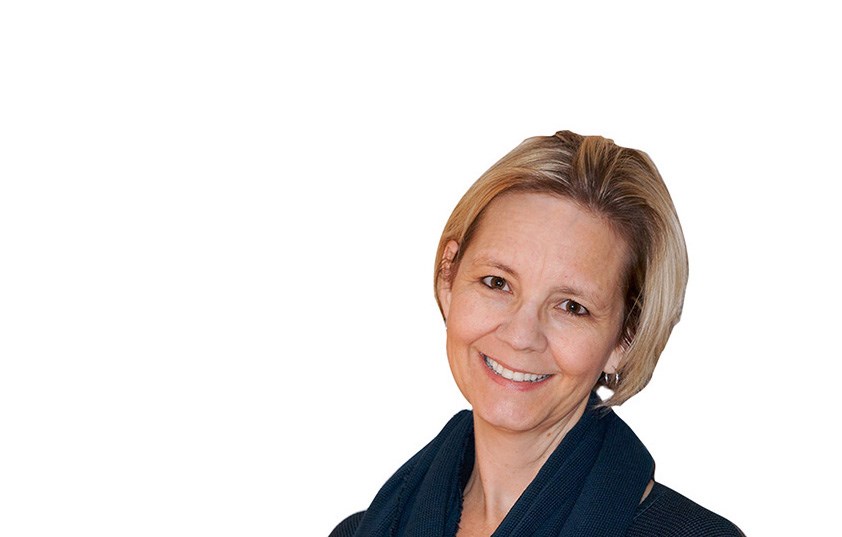As my birthday fast approaches (Sunday) ageism has been on my mind. Squamish is a young town. The median age is about 37, according to the most recent census. I am about a decade over that.
Suddenly I notice how seniors are treated in local stores and my ears perk up when I overhear conversations where age is involved. It isn’t pretty.
Recently I overheard a conversation where two thirty-something people were talking about a potential hire at their office. The conversation went something like, “This time we should hire someone younger who understands social media.” The other person agreed wholeheartedly.
This got my back up.
The stereotype is that people over 50 don’t get technology and social media. This may be true in some limited cases, but it is certainly not true in my family or circle of friends and colleagues.
In fact, it could be argued those of us who were around pre-computer, being the earliest adopters of technology, are most adept at adjusting to changes with it.
That possibility didn’t occur to the people I overheard. It makes me sad for the over-50 who will apply for the job and will be dismissed out-of-hand.
It is of course illegal to be discriminatory in hiring practices, but if someone doesn’t get the job it is pretty hard to prove age was a factor.
The issue is bigger than employment.
The way our culture often dismisses seniors is so strange, and not universal.
I was at a First Nations event recently and it is customary at mealtime for elders to eat first, out of respect. At meetings First Nation elders are often given the floor and reverence while they speak. The rest of us could learn a thing or two from these practices. After all, most of us will live to at least 80 and the age to receive old age security will eventually be going up to 67 (in 2029) so more seniors will be working longer.
The best explanation I found for why we discriminate based on age was from a Justice Claire L’Heureux-Dubé in a 1992 court decision.
“Because, in our society, old age tends to be less associated with wisdom and tranquillity and more with infirmity and dependence, we fear it. We may be more likely to discriminate against elderly people, in a futile attempt to distance ourselves from what will inevitably occur to each one of us.”



